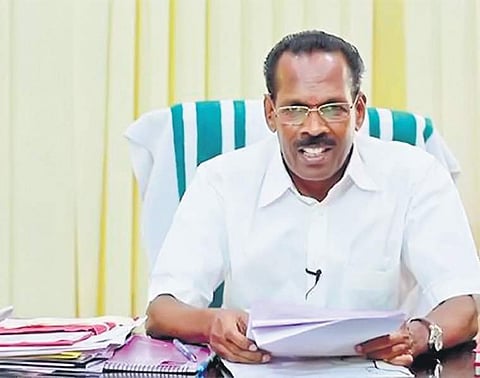

While states like Uttar Pradesh, Madhya Pradesh and Gujarat sought to suspend labour laws for up to three years to ease the burden on businesses during the lockdown, Kerala Labour Minister TP Ramakrishnan said the state will not compromise on workers' rights and pursue other ways to protect firms in the wake of lockdown relaxations.
Ramakrishnan told the Hindu that several options were explored to ensure the protection of workers during this time.
In the post-COVID era, mutual understanding between workers and investors should be prioritized, the minister said.
“Any step to promote investment should not be at the cost of denying the rights of workers. The government has now taken decisions that would make it easier for businesses to get licences and start functioning,” said the minister.
Labour laws in UP taken aback by years
In order to uplift the economy in the ongoing recessive phase due to COVID-19 triggered lockdown, Yogi Adityanath government accorded approval to an ordinance suspending a majority of labour laws in the state for next three years.
With the approval to the ordinance, more than 30 clauses of labour laws would now stand suspended in the state.
According to state Labour Minister Swami Prasad Maurya, suspension of the laws would help in setting up of new industries and ease problems of existing ones in an economy that has been hit by the lockdown crisis.
Many states including that of Madhya Pradesh and Gujarat have been vying to pull back labour laws to ensure businesses run smoothly in the recovering economy.
The Gujarat government on May 9th announced the exemption from certain labour laws for 1,200 days (approximately three years) to organizations that want to set up new units in the state in order to "boost economic activities" post-lockdown.
Chief Minister Vijay Rupani, wrote on Twitter, “The decision of Government of Gujarat to offer 1200 days’ exemption from labour laws is equally applicable to all the industries - MSME or big, both domestic and foreign. The investment in these new industries could be from Gujarat, other states of India or a foreign investment.”